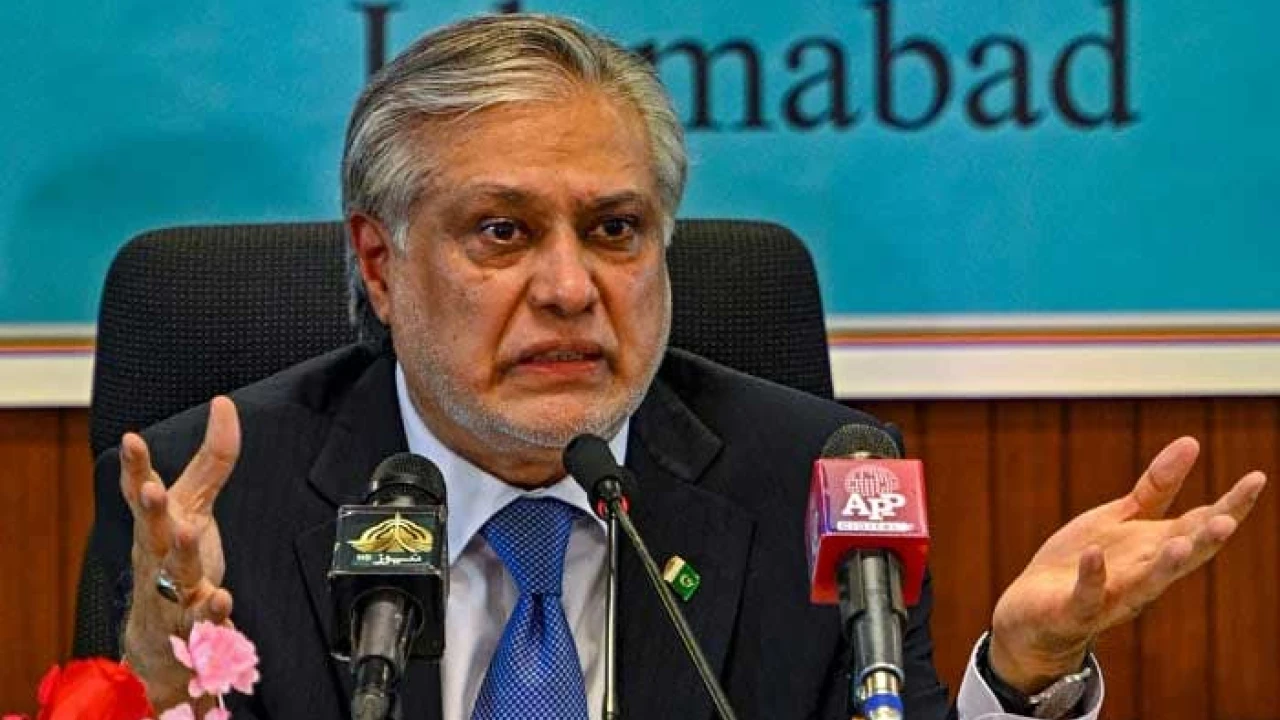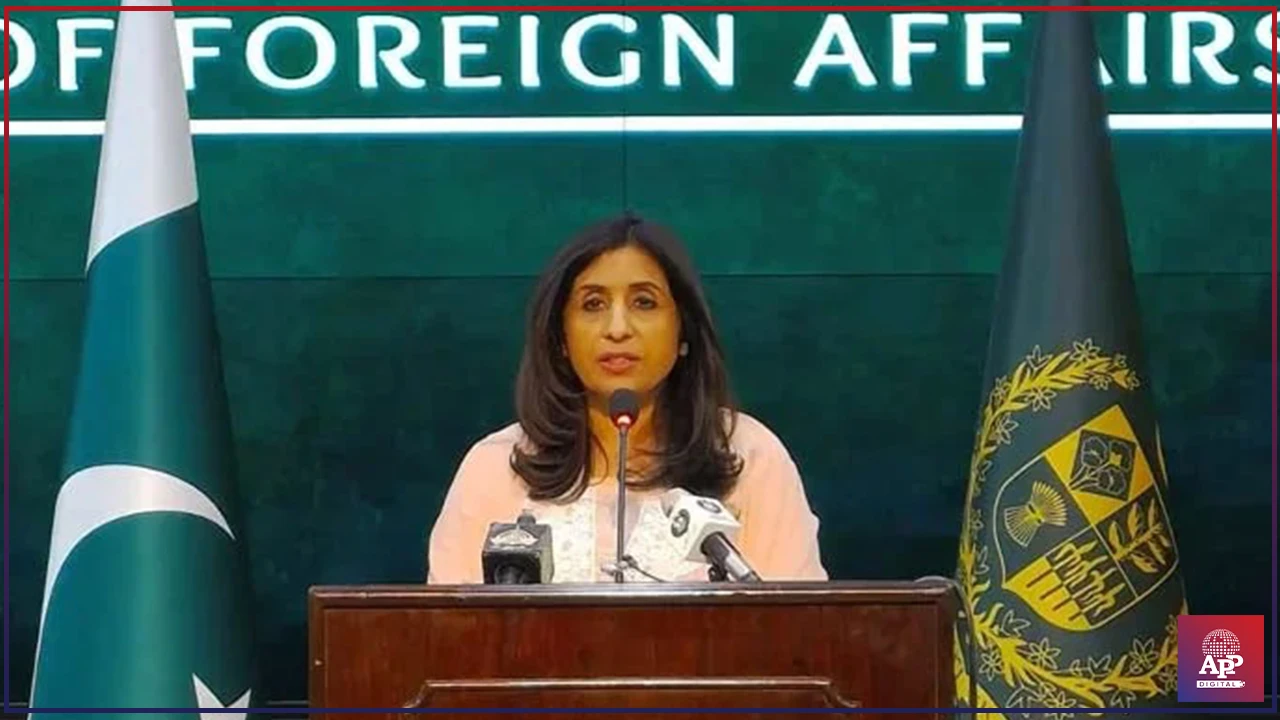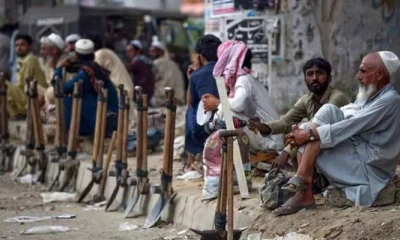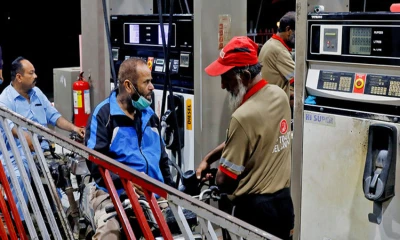Pakistan
The world record we did not want
Of the approximately 200 states that constitute the world, Pakistan has picked up a rare distinction. It is the only country where in the previous two years, electricity rates were hiked up 22 times.
Electricity here is state controlled. And the definition of a state is an entity where a government collects taxes form its people to make the lives of its citizens better, easier and prosperous. The route of economic progress is taken up by the state to make cultural, social and political progress. For a developing country like Pakistan this route will come about only through industrialization, the life blood of which is electricity. Nearly all economic and social indicators are directly or indirectly linked to electricity and its cost.
Let us be clear about what rising energy costs mean for the country. Expensive electricity means joblessness, deprivation and even destruction. By one estimate, nearly 90 million live below the poverty line and another 90 are poor or destitute. To eliminate these figures, industrial progress is a necessity, and for industrial progress cheap electricity is like oxygen.
It’s astounding, then, that after the 1990s, every government signed deals with IPPs. Yes, we did get electricity but these contracts were based on profits and corruption, resulting in one of the highest electricity production rates in the world. From a domestic consumer to an industrialist, from a trader to an investor, everyone is subject to the cruelty these high rates exact.
The fault for these high rates falls squarely on the shoulders of former Benazir Bhutto. Later, Musharraf’s and Nawaz Sharif’s governments did their part in continuing the harmful policies. It is pertinent to remember that according to experts Pakistan can produce electricity from dams at Rs. 2 per unit and from atomic sources at Rs. 4 per unit. But the ruling class instead chose to sign deals with IPPs, making costly electricity the major problem the country faces. IPPs can produce an electricity unit at even Rs. 20 per unit but despite these facts, neither Benazir Bhutto, nor Nawaz Sharif, nor General Pervez Musharraf and nor Imran Khan have given serious thought to producing cheaper electricity.
Imran Khan had come into power to build a new Pakistan but since September 2018, his government has hiked electricity prices near constantly, forming the kind of world record no country desires. And the process hasn’t ended yet. In the past 21 months, a cumulative Rs. 20.73 were added as fuel adjustment, extracting Rs. 200 billion from cash-strapped consumers. The total additional burden transferred to users is a staggering Rs. 777 billion. The whole amount that people paid up is close to an astonishing Rs. 1300 billion. And yet, circular debt continues to rise, peaking at an expected Rs. 2800 billion by the end of this financial year.
With such expensive electricity and this high circular debts, economic progress is a mad man’s dream. Agreements with IPPs need to end, while the national priority should be production of cheaper electricity.
If this problem is not resolved, poverty and joblessness will be our constant companions in the future, as they have been till now.
Technology
AI could risk 17pc of jobs in Saudi Arabia: experts
Director of the Middle East affairs of a global consultancy firm, said that considering the future changing conditions, it can be said that 17% of jobs in the Kingdom will be replaced by AI within three years

Riyadh: International consultants said that Artificial Intelligence (AT) could affect 17% of jobs in Saudi Arabia in the next three years.
According to Arab media, Najla Najam, professional business manager of an American consulting business company, stated that AI is expected not only to change the way people work, but it is also possible that it will replace people.
The experts suggested that 80% of jobs related to creative work can be affected by artificial intelligence, while 53% of executive positions are at risk from AI. An increase is also expected in the manufacturing sector by 10 to 30 percent over the next three years with the help of AI.
The study revealed that employees in the Middle East are more involved in productivity issues than in other countries, but it is also expected that organizations will train their employees to adapt them to the demands of the new era.
A large number of those affected by artificial intelligence will be people from the 90s to the 21st century whose jobs may be at risk.
Oliver, director of the Middle East affairs of a global consultancy firm, said that considering the future changing conditions, it can be said that 17% of jobs in the Kingdom will be replaced by artificial intelligence within three years.
Pakistan
Dar's appointment as deputy PM challenged in SHC
The former finance cizar and foreign minister was appointed deputy prime minister on April 28

Karachi: A petition was filed in the Sindh High Court (SHC) on Thursday against the appointment of Foreign Minister Ishaq Dar as deputy Prime Minister. The petitioner challenged the notification of the appointment.
A two-member bench headed by the chief justice will hear the case. According to the petitioner, there is no provision for the position of the deputy PM in Pakistan's constitution. Dar was appointed as deputy prime minister on April 28.
The PML-N stalwart is the fourth politician to be posted as the deputy PM in the history of Pakistan as earlier PPP founder Zulfiqar Ali Bhutto, his wife Begum Nusrat Bhutto and PTI leader Chaudhry Pervez Elahi had served the portfolio.
Pakistan
Int’l community hold India accountable for espionage in countries: FO
The spokesperson urges the United Nations Security Council to impose immediate and permanent ceasefire in Gaza

Islamabad: Pakistan on Thursday urged the international community to hold India accountable for espionage in foreign countries that is in violation international law.
The call was made by Foreign Office Spokesperson Mumtaz Zahra Baloch while responding to questions at her weekly news briefing in Islamabad today.
The spokesperson said India's expanding spies’ network is a matter of concern for international community. She said Pakistan has already presented concrete evidence of involvement of Indian agents in terror attacks inside Pakistan.
These are illegal acts in violation of international law and against the basic precepts of justice and due process. Replying another question, the Spokesperson said Pakistan urges India to ensure peace along the Line of Control and desist from taking any action that may contribute to difficulties.
To a question regarding Pak-Iran bilateral ties, Mumtaz Zahra Baloch said Pakistan will continue to strengthen cooperation with Iran and the two countries have mechanisms to discuss counter-terrorism and security matters to ensure peace along Pak-Iran border.
On Indian Illegally Occupied Jammu and Kashmir, the spokesperson said Indian brutalities could never quell the Kashmiri people's struggle and passion for freedom and India's illegal ceasing of their properties is also destined to meet similar failure.
About the Gaza situation, the spokesperson reiterated Pakistan's support to the Palestinian people and urged the United Nations Security Council to impose immediate and permanent ceasefire in Gaza.
She said Israeli actions are in breach of international law and undermine prospects for a two-state solution to the conflict. She said Pakistan is deeply concerned over Israel's bellicose statements regarding Rafah and that any assault on Rafah would be unacceptable.
-

 Business 2 days ago
Business 2 days agoGold price plunges Rs2,000 per tola in Pakistan
-

 Pakistan 1 day ago
Pakistan 1 day agoInterior Minister visits Pakistan Coast Guards’ headquarters
-

 Pakistan 1 day ago
Pakistan 1 day agoIPP gets another shock
-

 Pakistan 1 day ago
Pakistan 1 day agoGovernor KP Ghulam Ali meets Nawaz Sharif
-

 Pakistan 1 day ago
Pakistan 1 day agoZardari meets MQM leadership, discusses law and order situation in Karachi
-

 Sports 17 hours ago
Sports 17 hours agoPakistani squad for Ireland, England series announced
-

 Pakistan 1 day ago
Pakistan 1 day agoInt'l Labour Day being observed across country today
-

 Business 2 days ago
Business 2 days agoPetrol, diesel prices likely to drop from May 1














